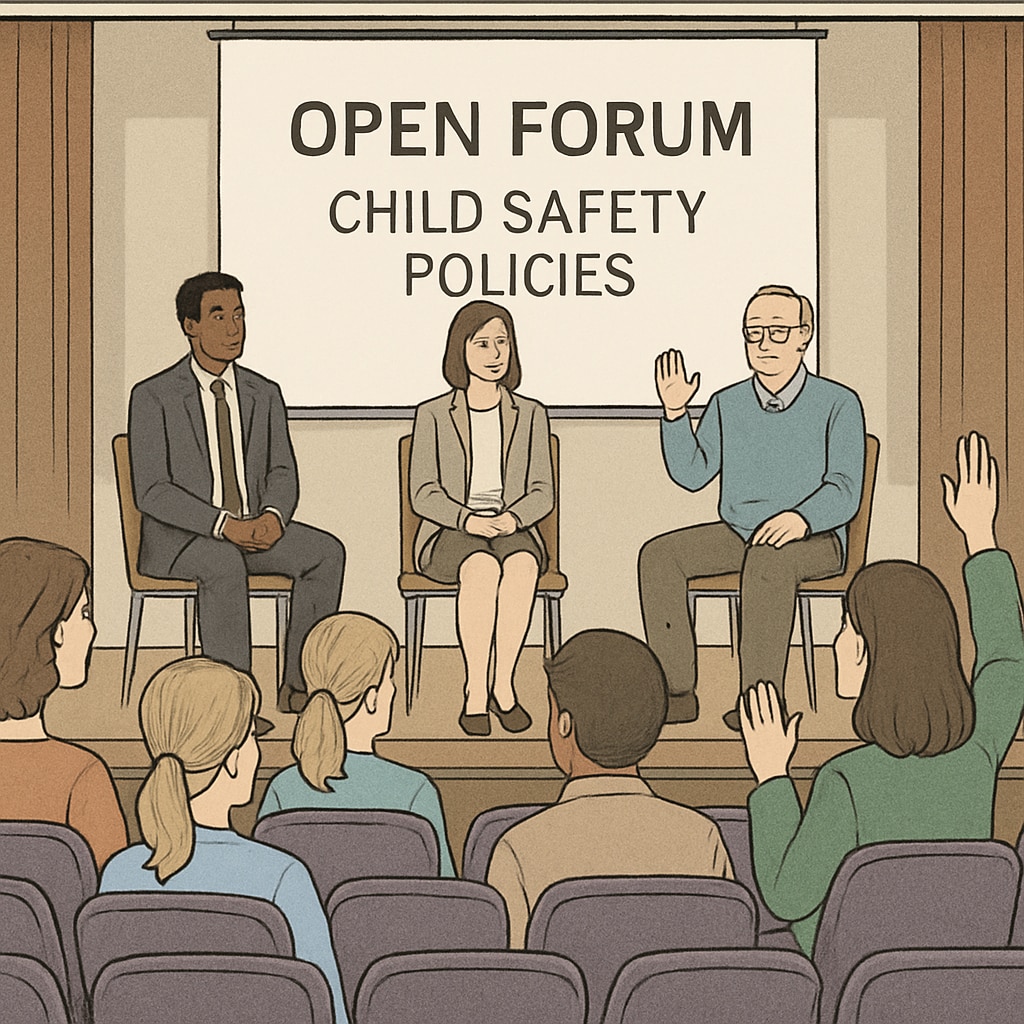When individuals with a history of child abuse are appointed to school boards, the community is often thrust into a state of alarm and deep concern. The presence of such individuals in educational leadership roles creates significant ethical dilemmas and safety risks. This issue not only challenges the integrity of the education system but also raises critical questions about how communities can act to safeguard their children. In this article, we explore the multifaceted concerns surrounding this sensitive topic and provide actionable solutions for communities to protect both the welfare of students and the reputation of schools.
Why Is This a Critical Concern?
School boards are entrusted with shaping the future of education, making decisions that affect students, teachers, and families. When a member of this governing body has a documented history of child abuse, the stakes are extraordinarily high. These individuals may possess decision-making power over policies, budget allocations, and potentially, staff hiring processes. For many parents and educators, this represents a profound breach of trust, as it contradicts the fundamental responsibility of a school board: ensuring a safe and nurturing environment for all students.
Furthermore, the inclusion of such individuals can lead to significant reputational damage for the school district. Communities often see schools as sanctuaries where children can grow academically and socially. Allowing individuals with a concerning past to assume leadership roles undermines this perception and could erode public confidence in the educational system.

Legal and Ethical Dimensions of the Problem
From a legal standpoint, many jurisdictions have regulations in place to prevent individuals with certain criminal convictions from working directly with children. However, these regulations often do not extend to elected or appointed positions on school boards. This loophole allows individuals with troubling histories to hold influential roles without undergoing the same scrutiny as teachers or other school employees.
Ethically, the issue is even more complex. Schools are morally obligated to prioritize the safety and well-being of students above all else. While some argue that individuals who have served their sentences deserve the opportunity to reintegrate into society, others counter that roles involving the welfare of children require heightened scrutiny and vigilance. Balancing these perspectives is a significant challenge for communities.
How Communities Can Act
Addressing this issue requires a multifaceted approach that combines legal reforms, community advocacy, and increased transparency. Here are some actionable steps communities can take:
- Advocate for Policy Changes: Push for legislation that extends background checks to all school board members, ensuring no one with a history of child abuse can assume such roles.
- Increase Community Awareness: Host town halls and informational sessions to educate the public about the potential risks and the importance of vetting educational leaders.
- Promote Transparency: Urge school boards to make candidate histories, including criminal records, more accessible to the public.
- Engage in Elections: Encourage community members to participate actively in school board elections, ensuring that candidates align with the values and safety priorities of the district.
By implementing these strategies, communities can create safer environments for students while maintaining the integrity of their educational systems.

Looking Ahead: A Call for Accountability
The presence of individuals with a history of child abuse on school boards is not merely a local issue—it is a systemic challenge that demands immediate attention. Schools must serve as havens of safety, not sources of concern. By holding educational leaders accountable and advocating for stronger protections, communities can send a clear message: the safety and well-being of students are non-negotiable.
Ultimately, this issue underscores the need for vigilance, transparency, and collective action. Parents, educators, and community members must work together to ensure that those entrusted with educational leadership are deserving of that responsibility. Through proactive measures and a commitment to ethical governance, we can protect not only our children but also the future of education itself.
Readability guidance: This article uses short paragraphs and lists to enhance readability. Transition words are employed throughout to ensure smooth flow, while passive voice and long sentences are minimized for clarity.


